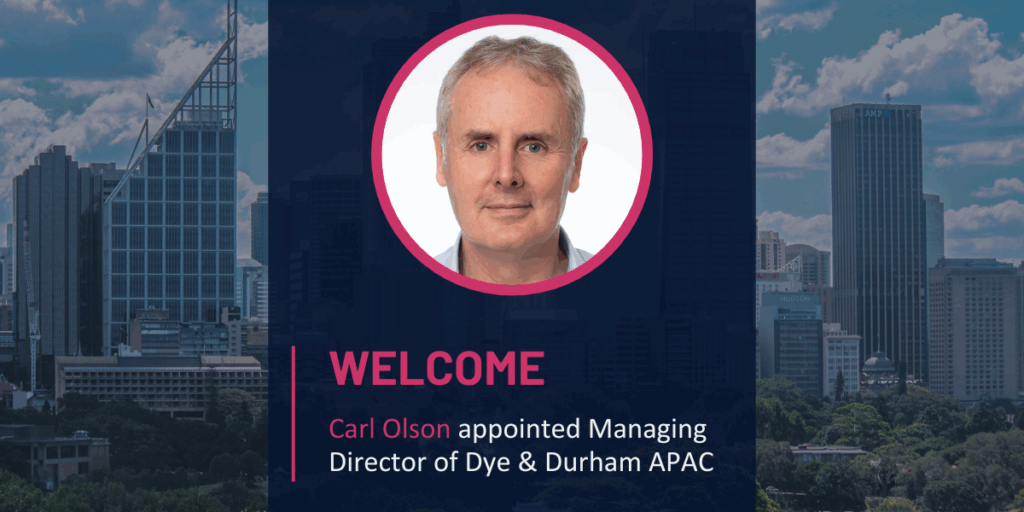This year’s Australian federal election saw a change in government, with Labor leader Anthony Albanese winning the majority of the vote.
The change of government means a change of policies, which could impact those looking to enter the housing market, or those who are already homeowners.
So what are the potential policy changes, and what will they mean for the state of the property market and businesses?
What the change of government means for property
Help To Buy Scheme
The Albanese Labor Government has announced the Help To Buy scheme. The scheme means eligible homebuyers will need a 2 percent minimum deposit, with an equity contribution from the Federal Government of up to 40 percent of the purchase price of a new home, and up to 30 percent of the purchase price of an existing home.
The scheme is available to those who earn $90,000 or less per annum, or $120,000 for couples. The scheme is available to both first home buyers and people who have purchased previously, however, you cannot currently own any other property or land.
Homebuyers will be responsible for costs including rates, strata and any other bill.
The scheme will be open to 10,000 people each financial year.
If the home buyer starts to earn over the threshold, they will have to purchase the government’s share in the house or sell the property.
Regional First Home Buyer Support Scheme
The Regional First Home Buyer Support Scheme will provide a government guarantee of up to 15 percent for first home buyers.
The scheme is available for people who live outside a capital city and earn up to $125,000 per year or $200,000 yearly for couples. Eligible candidates need to have been living in the region for at least 12 months.
The scheme will be open to 10,000 people each financial year.
Housing Australia Future Fund
The $10 billion Housing Australia Future Fund aims to build 30,000 new social and affordable housing properties in its first five years, creating thousands of jobs.
Of the 30,000 houses, 20,000 will be social housing properties. 4,000 will be allocated to women and children fleeing domestic and family violence, as well as older women on low incomes who are at risk of homelessness. The final 10,000 will be affordable homes for frontline workers including police, nurses and cleaners.
The fund is expected to create 21,500 full-time jobs per year over 5 years nationwide.
In the first five years, the investment returns will fund:
- $200 million for repair, maintenance and improvements of housing in remote Indigenous communities
- $100 million for crisis and transitional housing options for women and children fleeing domestic and family violence and older women on low incomes who are at risk of homelessness
- $30 million to build more housing and fund specialist services for veterans who are experiencing homelessness or at risk of homelessness.
Property taxes
No changes have been announced to negative gearing, taxes on investment properties or the Capital Gains Tax.
What the change of government means for business
Tax cuts
Tax cuts have already been legislated by the previous government.
The tax cuts will result in the 32.5 percent marginal tax rate being reduced to 30 percent, which will make one big tax bracket between $45,000 and $200,000. This will start on 1 July 2024. The 37 percent tax bracket will be removed.
This will be most beneficial to those who earn more than $120,000, as they are currently taxed at 37 percent.
Low and Middle-Income Tax Offset
The removal of the Low and Middle-Income Tax Offset has also already been confirmed by the previous government.
This will come into effect in 2023.
The end of the tax offset means those earning up to $126,000 will pay up to $1,500 more income tax in 2023.
The Albanese government has yet to announce a reversal of this decision.
Minimum wage
The rise of minimum wage was a pillar of the Albanese government’s election campaign, with the promise to raise minimum wage by 5.1 percent, to keep in line with rising inflation.
The Fair Work Commission has since announced minimum wage will be increased by 5.2 percent, slightly above inflation.
From 1 July, there was an increase of $1.05 an hour, with the minimum wage increasing to $21.38 an hour.
This will benefit an estimated 180,000 workers on minimum wage and will benefit those in the hospitality and retail industries.
Workers on award rates will increase 4.6 per cent. For those whose awards rates are below $869.60 per week, there will be a minimum $40 weekly increase.
Fuel excise
The Morrison government introduced a six-month fuel excise to help decrease the rising cost of fuel and help tackle cost of living pressures.
However, the fuel excise is due to end in September.
This will be an additional expense that both motorists and businesses will need to take into account.
Go to Media













